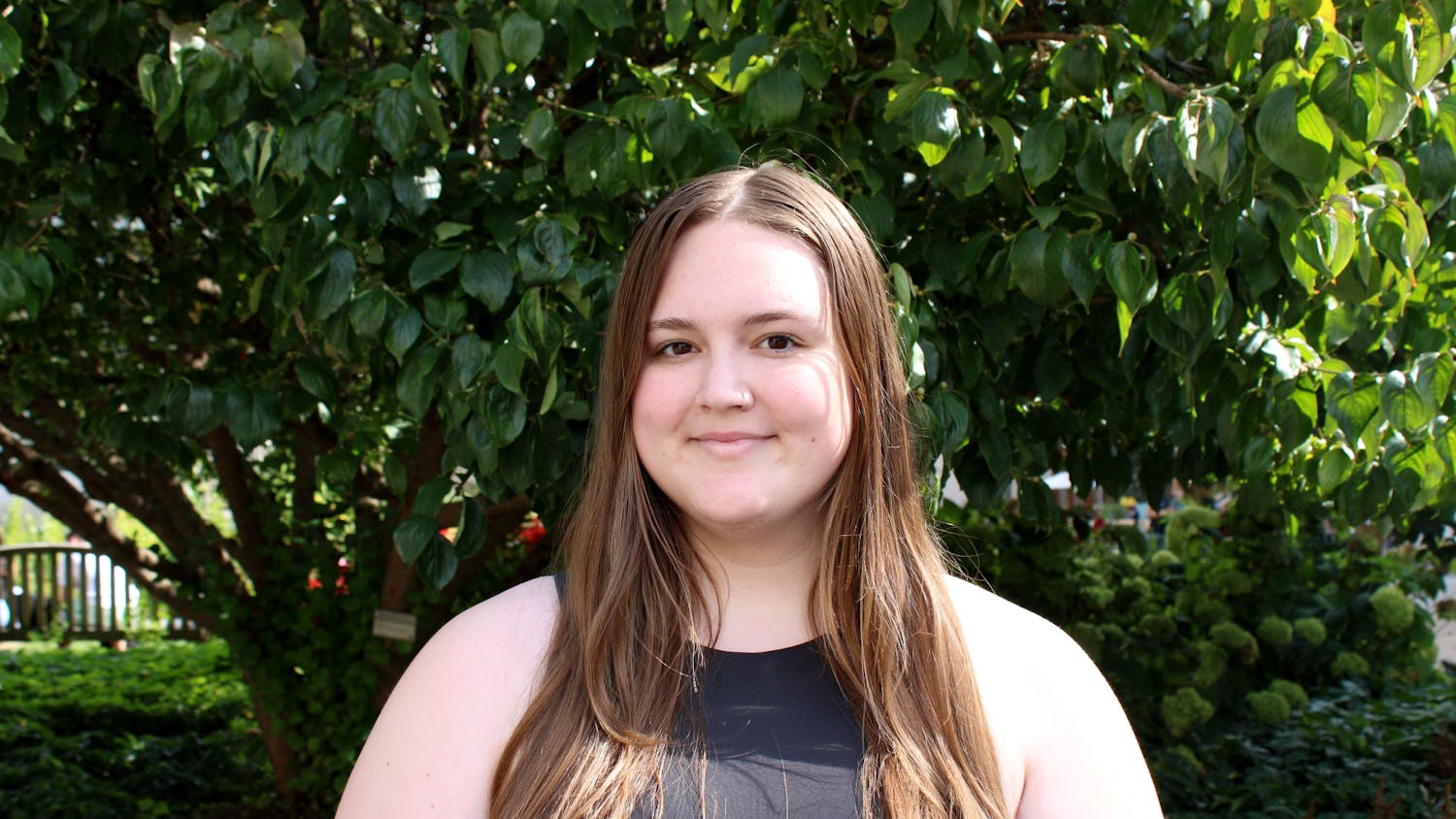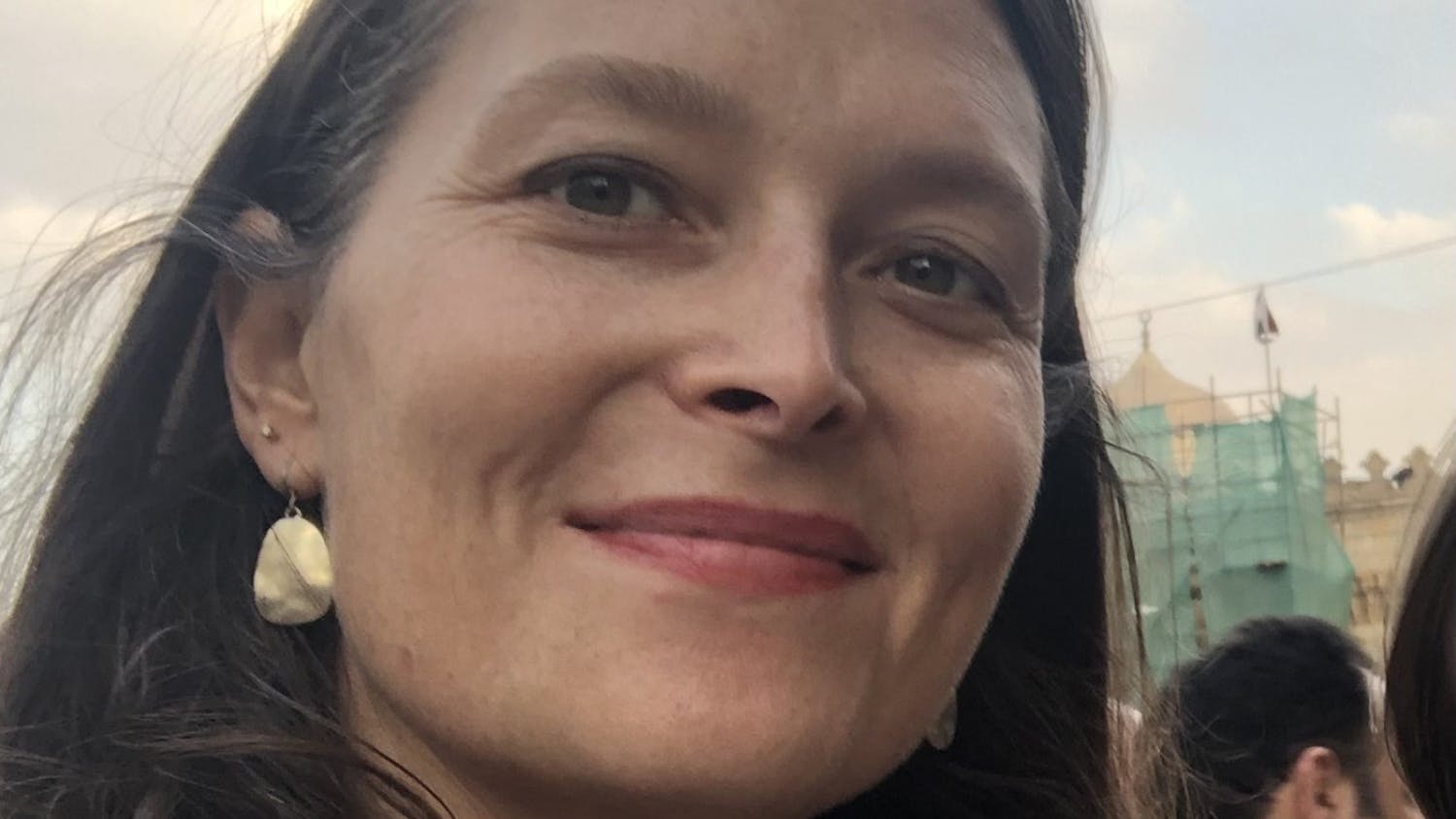Individual rights are too important to let partisanship cloud our judgment. Strangely, this is a hard lesson to teach on our nation’s college campuses.
While the Supreme Court considers whether belief-based student organizations deserve equal rights on campus, two more universities have been facing this very issue. Georgetown University is facing it over a pro-choice group, the University of Arizona over a pro-life group.
At Arizona, Students for Life’s application for official recognition was initially denied because the group requires that its members share beliefs “that life is sacred and that the intentional killing of human beings through abortion, euthanasia, and murder, and that all forms of eugenics are morally reprehensible.”
Yet, a public university bound by the First Amendment may not deny the basic right to freedom of association, and the university quickly reversed its decision. Universities don’t like to be shown up as hypocritical when it comes to freedom of speech or freedom of association.
The shoe is on the other foot at Georgetown University, which has prevented a pro-choice group from receiving fair treatment on campus. Georgetown is a private university not bound by the First Amendment, but it is bound, morally and contractually, by its own promises. Georgetown entices students by telling them, “A university is many things but central to its being is discourse, discussion, debate: the untrammeled expression of ideas and information.” Georgetown adds that “Catholic and Jesuit tradition, far from limiting or compromising the ideal of free discourse, requires that we live up to that ideal.”
Georgetown is failing to do so. Just ask H*yas for Choice Vice President Erica Slates. She says that her group has about 100 active members with a mailing list of 1,000. They want to be allowed to be an official student organization and get that asterisk out of their name. Georgetown has been saying no.
According to Georgetown’s Vice President for Student Affairs Todd A. Olson, “As a Catholic and Jesuit university, our policies must reflect our identity and our values,” but H*yas for Choice promotes ideas “inconsistent with Roman Catholic moral tradition” and must remain off of the list.
At Georgetown, College Democrats is on the list. Students for Justice in Palestine is, too, and of course, so is Right to Life. Not H*yas for Choice.
What about the great Catholic and Jesuit moral tradition of permitting untrammeled expression, as Georgetown promised?
Besides, the Muslim Students Association and the Jewish Students Association are on the list. Someone should ask Olson how these groups — in both their expression and their conduct — square with the university’s Catholic and Jesuit identity.
According to Georgetown’s Director of Student Programs, Erika L. Cohen-Derr, “Our goals and yours are the same: to provide high quality programs that reflect Georgetown’s diverse community.” Nevertheless, H*yas for Choice is apparently too far beyond the pale to deserve any official university support. So much for reflecting the actual diversity of views at Georgetown.
Wouldn’t a great university want to give students even greater protection to “think the unthinkable, mention the unmentionable,” as Yale University promises, than even the First Amendment offers citizens at large? Why should a university restrict rather than expand the right to free speech?
H*yas for Choice isn’t even asking for such a noble educational environment as that. It just wants equal treatment under Georgetown’s actual policies.
However you feel about abortion, if you think free speech principles and promises mean anything substantial, you should be protecting the equal rights of pro-life students at Arizona and pro-choice students at Georgetown. How can one group expect equal treatment if it refuses to advocate equal treatment for all, despite fundamental disagreements?
This is a good question for Georgetown and all citizens to take to heart.
Adam Kissel is Director of the Individual Rights Defense Program at the Foundation for Individual Rights in Education in Philadelphia.




